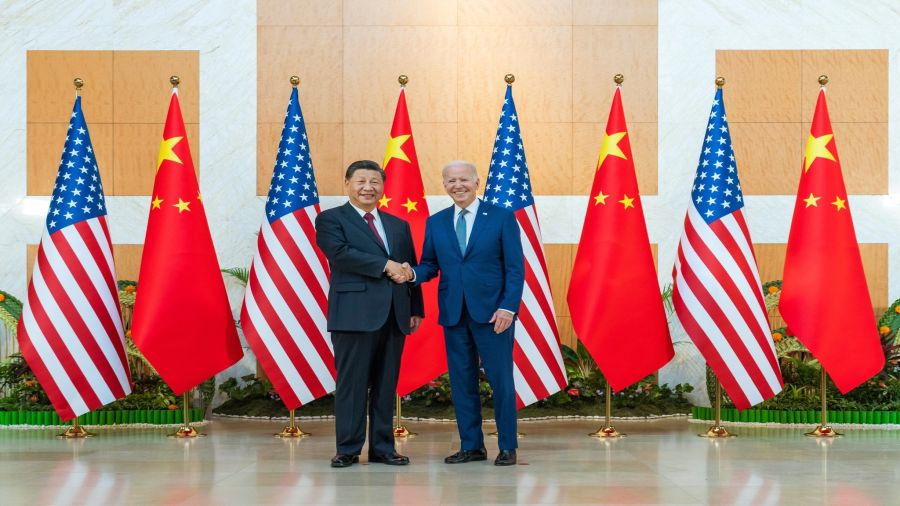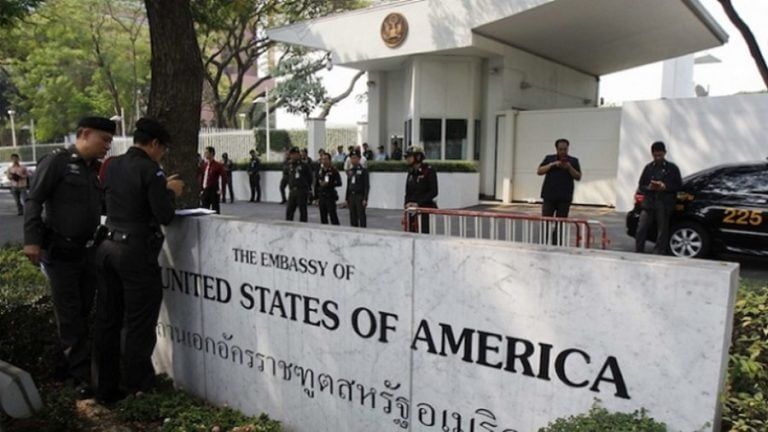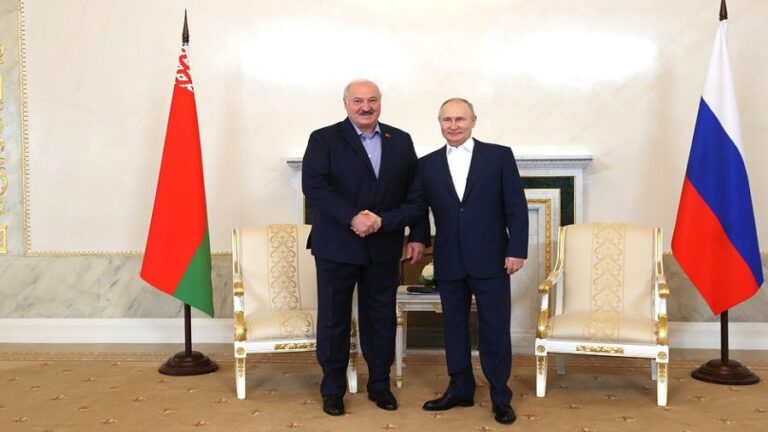The Global Importance of Sino-American Relations
There is no more important diplomatic relationship for the United States than its relations with China. The reverse is true for China as well. If Washington and Beijing can’t solve their political and economic issues than there will be regional instability in the Indo-Pacific region that will ripple through the world. For the global community to deal with the fundamental problems of climate change and pandemics, the two most important and powerful nations in the world must find a way to communicate and coexist. At this point in time, neither nation appears to accept or even understand the urgency of the current situation.
During the Cold War, there was a common purpose throughout much of the international arena, which allowed the United States to take the lead in confronting the Soviet Union. With the collapse of the Soviet Union and the end of the Cold War in 1991, the European Community lost interest in global politics and stood by as the United States overplayed its hand and routinely misused its military power in the Middle East and Southwest Asia. Our European allies were willing to allow the United States to carry out its global responsibilities as it saw fit. As long as Europe is prepared to rely on the political and military dominance of the United States, it will be difficult for the key European states to forge their own identities.
Meanwhile, China was dealing with its considerable domestic problems, and not calling attention to its incremental military buildup. China has not used military force since its ill-advised invasion of Vietnam in 1979 to “teach Vietnam a lesson.” Ironically, it was China that learned it was not prepared for combined arms warfare and Vietnam’s battlefield experience against the French and the United States over a twenty-five-year period created serious tactical problems for the Chinese invaders.
Currently, China has been taking advantage of the U.S. preoccupation with supporting Ukraine to steal a march on Washington’s interests, particularly in the Middle East. Unlike the United States, China has avoided contentious disputes throughout the Third World in order to establish reliable state-to-state relations in the Global South. While the Middle East has become America’s briar pitch, China has concluded long-term energy deals with Iran and Saudi Arabia, and recently orchestrated a rapprochement between the region’s leading countries. The United States could not play the honest broker role because it has no diplomatic relations with Iran and unreliable relations with Saudi Arabia.
American politicians and pundits have replaced the Soviet Union with China as a threat in order to justify obscenely high defense spending and a policy of containment against China itself. The policy of containment appeared to work against the Soviet Union because of Soviet political and economic weakness; a policy of containment will not work against China, a major power with the world’s second largest economy and second largest defense budget. The leading trade partner for most nations of the Indo-Pacific region is China. It was easy for the United States to draw a dividing line between the European Community and Russia, but it is unlikely that an analogous dividing line can be drawn in Asia to isolate China.
In any event, the United States has sufficient military resources in the Indo-Pacific region to give China pause before committing any major provocation. The United States can also take advantage of Xi Jinping’s ultra-nationalism, which has led Japan to bolster its military capabilities; enabled closer relations between Japan and South Korea; and allowed the United States to return to the use of strategic military facilities in the Philippines. China particularly misplayed its diplomatic hand in the Philippines. Nevertheless, Russian President Vladimir Putin’s occupation of Ukraine has raised the possibility of Xi Jinping resorting to force to solve the long-term problem of Taiwan’s sovereignty and statehood.
Thus far, the policies of the Biden administration have gotten nowhere in creating a more stable and predictable relationship with China. The Wilsonian appeal to democracy is a non-starter, predictably because of U.S. hypocrisy in reaching out to authoritarian governments in Saudi Arabia and Venezuela in order to obtain greater oil production. Most of the states in the Indo-Pacific region want nothing to do with U.S. policies that seem to be predicated on a worsening of Sino-American relations that could lead to a Cold War.
The case can be made that the U.S. would benefit from cooperative relations with all of the Asian states, and that more stable relations with China would allow for greater cooperation throughout the region. At the same time, the United States and China could pursue mutual interests that include dealing with the climate crisis; securing greater guarantees for the non-proliferation of nuclear weapons; and even ameliorating the tensions created by North Korea’s nuclear weapons program. It is difficult to imagine any improvement on the Korean peninsula without Sino-American cooperation.
Finally, even the slightest improvement in Sino-American relations would create some anxiety in Putin’s Kremlin because of the disastrous and desperate situation that Moscow faces on its long western borders. Thus far, the Biden administration’s policy of dual containment against both Russia and China has only driven Moscow and Beijing into the deepest partnership in their history. Since China has show great restraint in refusing to provide important military weaponry to Russian forces, perhaps it’s time for a reciprocal show of restraint on the part of the United States.







